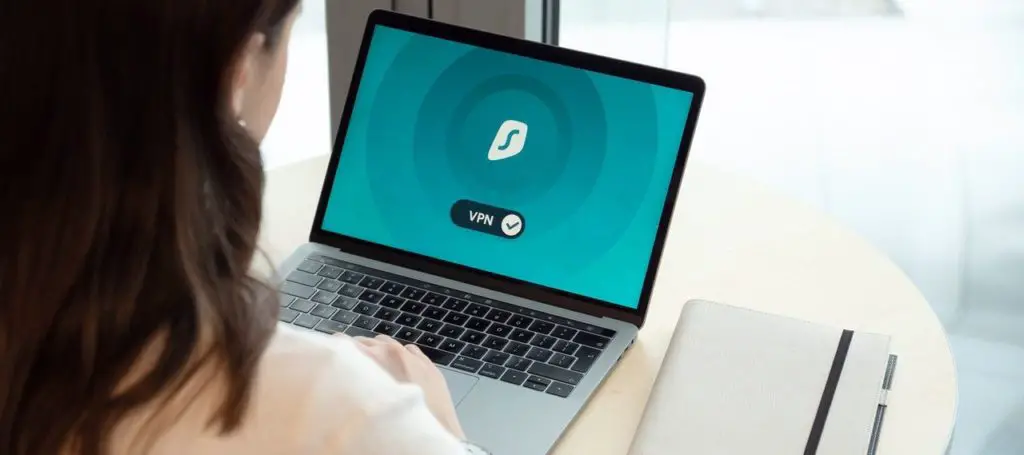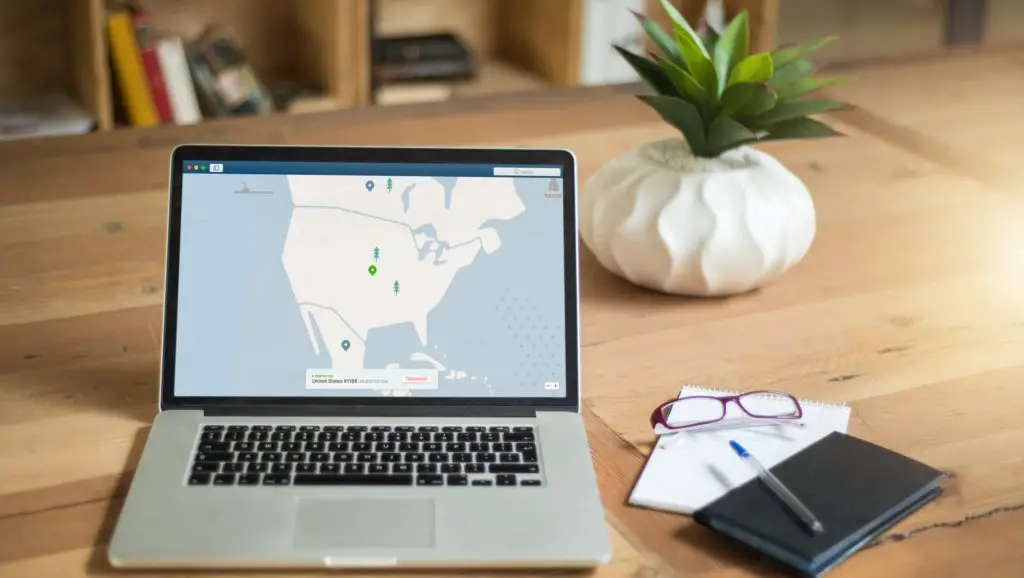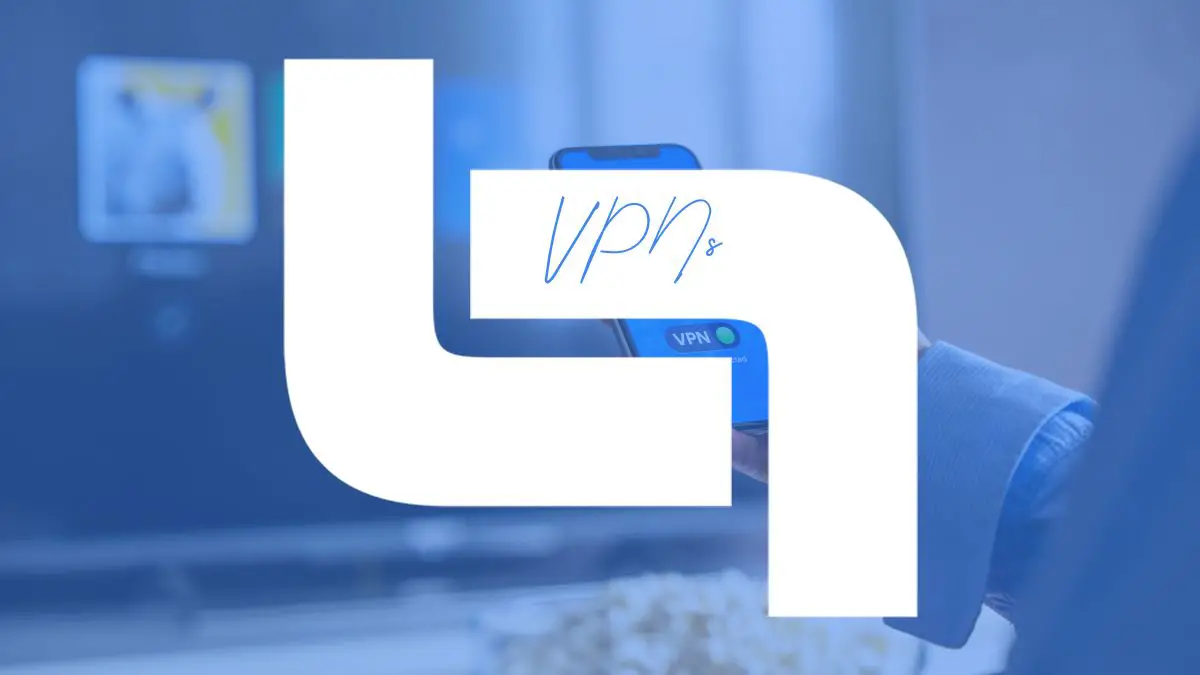Virtual Private Networks, or VPNs, have come a long way in a short time. Did you know there are 42 million VPN users in the US alone? That’s more than half the population of the UK, which is no small amount of people. There’s no doubt that the technology’s popularity is rising fast.
Besides VPN, there are more tools that can help you with identity theft protection.
If you’ve just come across VPNs, it’s important to start at the beginning. Getting confused by complicated processes you don’t understand isn’t helpful. Therefore, we’ve put together a couple of the basics regarding private networks to give you a brief introduction to VPNs.
What Is a VPN?

So you know what the acronym stands for, but perhaps you don’t know what a VPN does. Thankfully, the answer is simpler than you might imagine. In basic terms, it creates an encrypted network. As a result, it’s hard for hackers and anyone you don’t trust to view sensitive data that you want to remain private.
A VPN also hides your IP address by bouncing it around different locations, making it almost impossible to track your movements. So, when your VPN is active, there’s no reason to worry about personal or corporate costly data breaches.
How Does It Do This?
Things can get a little complicated here, but we’ll break it down into bite-size chunks to make it easier to follow.
To find out how a VPN keeps your details private, read the information below:
- Connecting to a VPN server – When you open an internet browser and click on a website, that essentially reveals your location. With a VPN server, you’re protected before you reach the internet
- Applying an encryption protocol – An encrypted connection means that your traffic, and any data relating to it, can’t be intercepted in transit. Even if it is, the hacker requires a specific key to decipher the info. If they don’t have it, it’s pointless taking it in the first place!
- Automatically decrypting – Of course, you need to read the information when it arrives at your device. To protect you during transfer, an ‘outer packet’ protocol encryption is added. However, this is removed when the data reaches its destination, automatically decrypting everything for you
What Features Should You Expect from a VPN Service?

This is a good question because your VPN service should be as robust as possible to keep you safe. However, it’s essential that it’s flexible and powerful to prevent glitches and lag. You can learn more about VPN features by clicking the link, but these are three that every operator should provide.
Worldwide Servers
With access to thousands of servers in dozens of countries, you can work from anywhere while masking your location.
Fast Speeds
VPNs are useless if the speeds aren’t up to scratch. Imagine mediocre Wi-Fi and you’ll get the gist. But, thanks to 1GB ports and above, loading times will never be problematic.
Safety Protocols
The best VPN services use the latest tactics to secure your data. These can include everything from OpenVPN and IKEv2 to WireGuard or SOCKS5.
Final Thoughts
Hopefully, this has educated you on the topic of VPNs. Remember that there’s more to learn. So, if we’ve piqued your interest, it’s time to delve even further beneath the surface!

